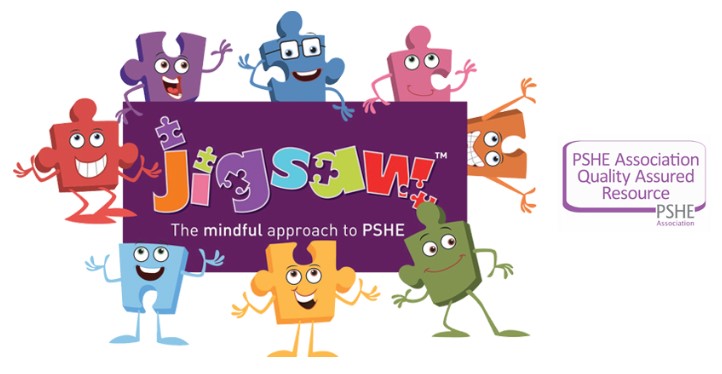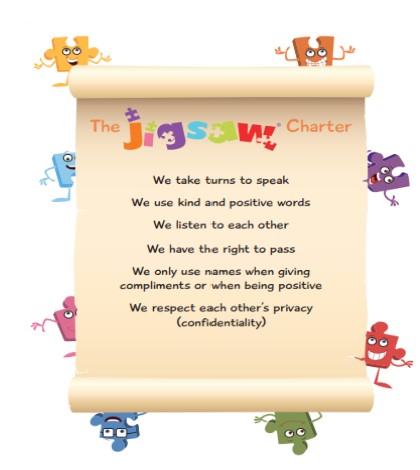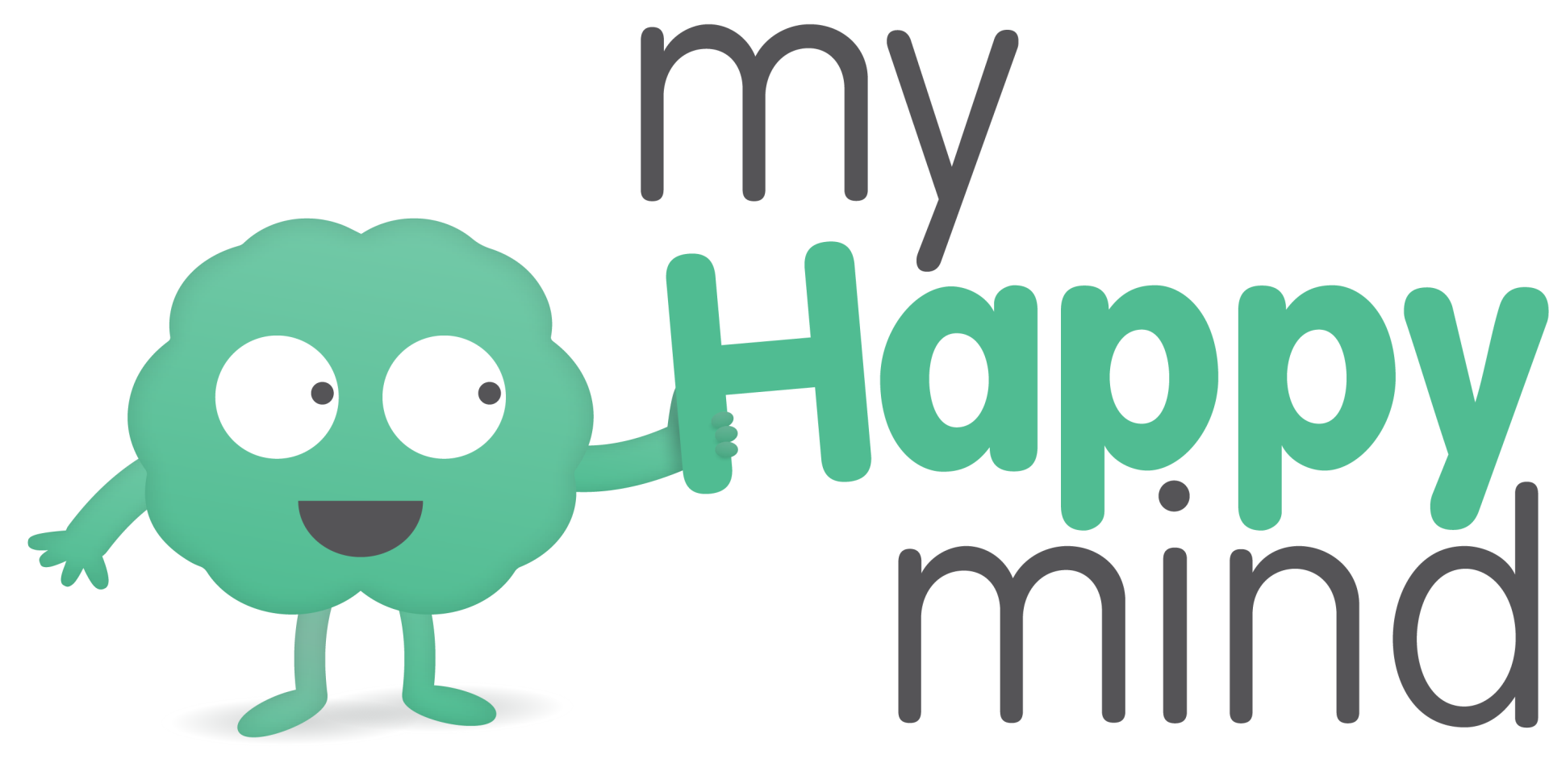At Elmstead Primary School, the PSHE curriculum enables children to become independent, confident, healthy and responsible members of society, as well as developing the “whole child” intellectually, morally, socially and spiritually. Through carefully planned lessons, we give children the tools to be able to deal with issues themselves, which in turn, develops independence, resilience and confidence. Our aim is for our PSHE curriculum to prepare children for the diversity of life in today’s society, as well as giving them the tools to understand when behaviour is unacceptable and when it should be challenged. Therefore, our PSHE curriculum helps give them the knowledge to make informed decisions about their life and future, and how to develop positive and healthy relationships with themselves and others.
As a school, we follow Jigsaw, a progressive approach which builds on the work year on year, from EYFS through to Y6. It is taught weekly, in a fun, engaging and age-appropriate way. Jigsaw lessons also include mindfulness, allowing children to advance their emotional awareness, concentration and focus.

At the beginning of the year, each class comes up with their own Jigsaw Charter - a set of ‘behaviours’ which the children refer back to during Jigsaw lessons, creating a positive and respectful ethos in Jigsaw lessons.
Jigsaw Friends - The Jigsaw Friends are integral to Jigsaw learning. They act as distancing tools to keep learning about sensitive issues safe e.g. Jigsaw Jino has a problem in the playground and the children help Jino find a solution.
The Friends also act as Talking Objects in the Jigsaw Circle, so the children know when they are holding Jigsaw Jack it is their turn to talk (if they choose to) and be listened to. Each class has a different Jigsaw friend - which is in your child’s class?
Jigsaw consists of six half-term units of work (Puzzles), each containing six lessons (Pieces). Puzzles are undertaken with a whole-school approach, with each year group studying the same unit at the same time (at their own age appropriate level), building sequentially through the school year, and facilitating whole-school learning themes:
Term 1: Being Me in My World,
Term 2: Celebrating Difference (including anti-bullying),
Term 3: Dreams and Goals,
Term 4: Healthy Me,
Term 5: Relationships,
Term 6: Changing Me (including Sex Education)

 We are thrilled to announce that we are now also a myHappymind school.
We are thrilled to announce that we are now also a myHappymind school.
myHappymind is a whole school, NHS backed programme, which is grounded in science and dedicated to building positive mental wellbeing. It helps children understand how their brains work and creates a culture that helps to build children's resilience, confidence, and self-esteem. myHappymind also teaches the children how to self-regulate and manage their emotions in stressful times, allowing them to be their very best selves!
Find out more here: https://myhappymind.org/
The whole school start the week by participating in weekly myHappymind sessions, with the learning for that week frequently revisited through assemblies and additional brain breaks. Every half term, we start looking at the new module. The module descriptions can be found below:
Meet Your Brain: Understanding how your brain works and how to ensure we look after it so that we can manage our emotions and be at our best. Growth mindset is a key part of this too.
Celebrate: Understanding your unique Character Strengths and learning to celebrate them. This is a fantastic module for building self-esteem.
Appreciate: Understanding why gratitude matters and how you can develop gratitude as a habit. Gratitude is key to well-being and resilience and we're all about making it a lifelong strategy!
Relate: Understanding why positive relationships matter and how to build them. We're focussed on the building blocks of good relationships and friendships.
Engage: Understanding how to set meaningful goals that matter and how to stay resilient in times of challenge. This module is all about building self-esteem and resilience too.
One of the amazing things about this programme is the parent app, which not only keeps you informed of what your child has been learning, but also includes a wealth of activities for you to do with your child to support their mental wellbeing.
You can sign up for the parent app using this link https://www.learn.myhappymind.org/Customer-Parents-Resources-Activation-Code
You will need an activation code, which can be given to you by your child's teacher.
A video explaining the programme further can be found below.
Parent App Video link: https://myhappymind.lpages.co/myhappymind-parent-app-introduction/
The book which supports the programme can be purchased or borrowed from the school - please speak to your child's teacher. https://www.amazon.co.uk/Happy-Mind-confidence-self-esteem-resilience/dp/1785043374
Below are the parent newsletters to provide you with more information on our completed units so far.


